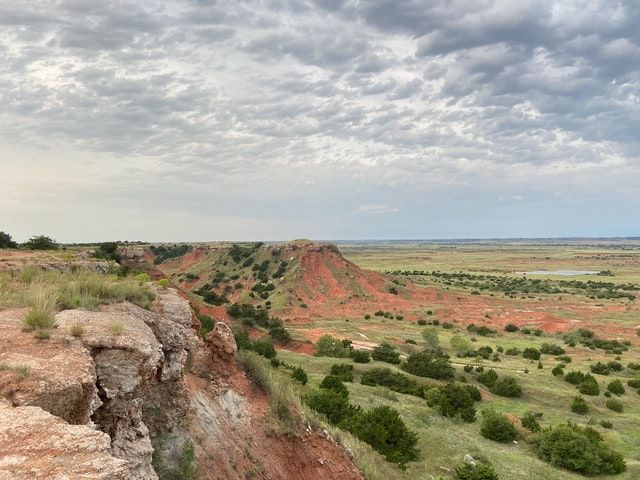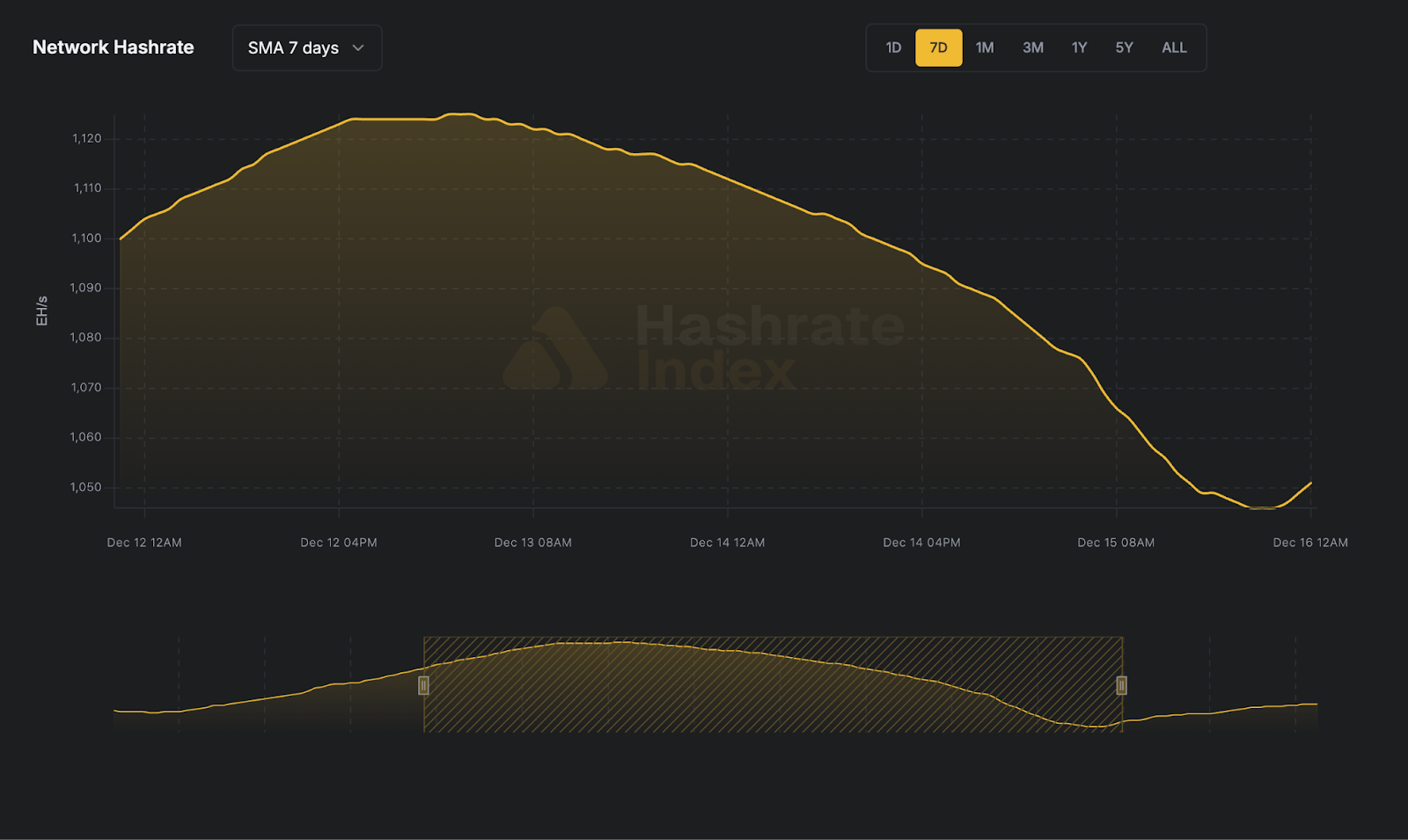
Bitcoin Mining in Oklahoma: How the Sooner State Could Soon Be A Bitcoin Hashrate Leader
Texas is a hot spot for bitcoin mining but Oklahoma is positioned to be a bustling bitcoin mining hub, as well.
At this point, Texas is poised to soon become the US mining industry's largest geographical player in terms of hashrate. With abundant energy resources, a free market grid (ERCOT), cheap electricity, and a state government that is friendly to Bitcoin miners, the Lone Star state has become a lodestar for the United State’s Bitcoin mining industry.
Yet, just north of Texas sits Oklahoma, a smaller yet similar state with significant energy resources, a well-established oil and gas industry, cheap electricity, and local governments eagerly looking to attract investment and jobs. These characteristics and others could position Oklahoma to become a bitcoin mining hotbed in 2022 and beyond.
Oklahoma’s Energy Landscape
Oklahoma’s energy grids heavily utilize natural gas and wind, with these two accounting for almost 90% of the state's net electricity generation. Oklahoma has been making the transition away from coal to natural gas and renewable energy in step with most industrial nations and US states. In 2016, wind surpassed coal as the state’s second largest source of energy. Oklahoma is now the nations’ third-largest wind producer, with its vast plains attracting sizable wind farms.
Still, natural gas is king. Nine of the top ten largest power plants are natural-gas fired as nat gas accounted for more than half the state’s total energy generation in 2020.
As a major oil and gas-producing state, Oklahoma is a massive net energy exporter. The energy-dense midwestern state produces almost three times as much energy as it consumes, ranking 6th in net energy exports per capita in the US at 800.4 million Btu/capita. The state, known, as the pipeline capital of the world, transports excess natural gas via the ANR, NGPK, NNG, and PEPL pipelines to neighboring states and beyond as seen in the map below.
With abundant energy resources, Oklahoma has relatively low electricity prices compared to the majority of the United States. In November 2021 the average residential power rate was $0.1169/kWh and the average industrial rate ranked 2nd in the nation at $0.0566/kWh according to the US Energy Information Association. Oklahoma uses natural gas as a reliable baseload energy source and hasn’t rushed its shift to renewables, and this strategy has kept power costs low for both residents and businesses in the state.
Current Bitcoin Mining Landscape in Oklahoma
Currently, Oklahoma lags behind numerous states in terms of total estimated hashrate. A recent report from Coinshares estimates the total power consumption of bitcoin mining in different jurisdictions in the US and Canada, and Oklahoma didn’t even register. Coinshares grouped the state into the ‘Other US’ category with 35 other states.
Still, there are a fair number of smaller companies currently deploying assets in the Oklahoma mining space including Ancova Digital, Wampum Mining, and Nakamotor Partners, all focusing on natural gas resources as their key energy input.
Core Scientific Comes to Oklahoma
Though the state is currently a small competitor in the United States’ hash race, Oklahoma’s positioning could quickly shift the other way.
Core Scientific, the largest bitcoin miner in the US in terms of hashrate, recently announced an agreement with local officials in Muskogee, a town of 38,000 just 50 miles southeast of Tulsa, to develop a 500 megawatt data center. Core Scientific plans to begin construction for this massive project in the latter half of this year and expects to complete the facility in 2023. Core is also eligible for local incentives worth up to $626,000 as a result of the massive capital investment and for bringing new jobs to the region.
Muskogee Mayor Marlon Coleman was ecstatic about the project, expressing that, “Core Scientific’s plan to invest hundreds of millions of dollars in infrastructure, land development, and jobs is changing the development paradigm in Muskogee.”
Oklahoma Gas & Electric (the largest utilities provider in the state) is assisting with the project. Richard Cornelison, the economic development manager at OG&E, stated, “industry needs continue to evolve and OG&E’s efforts to locate capital and energy-intensive projects in communities that can meet those needs, such as Muskogee, is our primary objective in economic development.”
As with Texas, local politicians and state energy providers are willing to incentivize location-agnostic bitcoin miners to utilize the state's vast available energy resources.
This agreement sets the precedent for other large players to look towards deploying assets in the state. In an article authored by Robert Hefner, the Hefner Energy founder said that the company has a “line of sight” on a >1,000 MW power purchase agreement for a mining operation in the state. If this were to come to fruition, it would be one of the largest mining operations in North America and permanently cement Oklahoma as a major bitcoin mining player in the nation.
The Potential of Bitcoin Mining in Oklahoma
From an energy availability perspective, Oklahoma is a match made in heaven for Bitcoin miners, offering both abundant oil and gas opportunities and renewable energy sources.
The state has a vast amount of untapped natural gas reserves opening up a significant opportunity for miners that choose an off-grid approach. This off-grid approach does not disrupt the current grid and brings additional capital and jobs to relatively remote regions.
On the renewables side, as Oklahoma continues to invest in wind, Bitcoin miners could help monetize these operations by mopping up whatever excess energy the turbines produce.
Local governments in the state who are vying for job growth in their municipalities could revamp their underutilized energy assets to support bitcoin mining, as seen in Muskogee. With what we’ve seen throughout the world with the Chinese mining ban and Kazahsktan's uncertain regulatory environment, miners will look to flow into the best regulatory climate available. If Oklahoma continues down this path, expect hashrate to head to the state quickly.
Hashrate Index Newsletter
Join the newsletter to receive the latest updates in your inbox.








